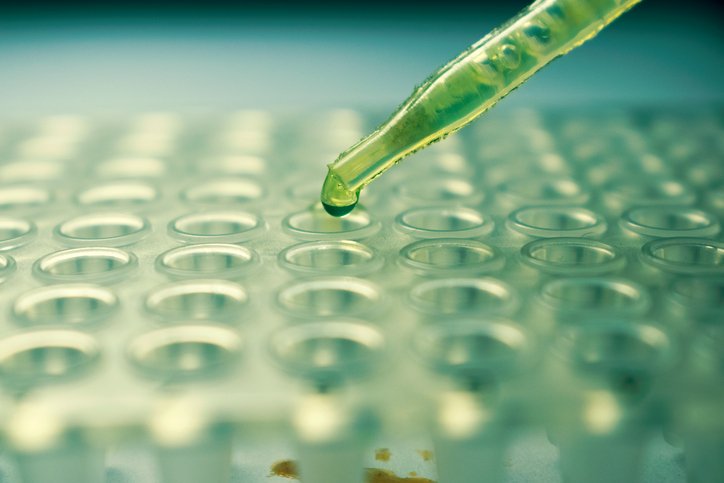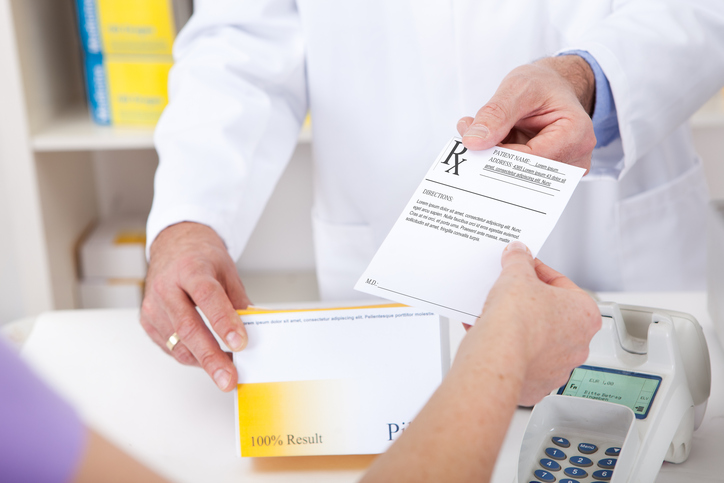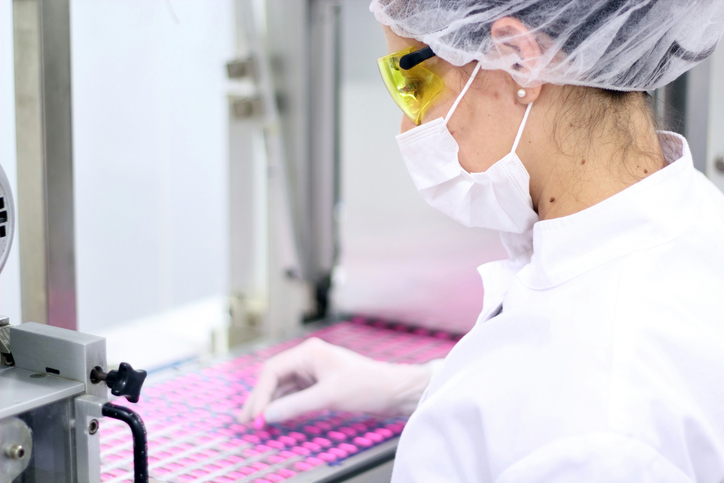
The world of pharmaceuticals is full of intense competition and exciting advances, but the balance sheets of the big industry players don’t always fully reflect that reality. It’s common for companies to coast along on the strength of past, lucrative accomplishments, with newer drugs and treatments accounting for a very small piece of their yearly earnings.
Industry examiners, however, tend not to be as concerned with what companies once did. Instead, in the eternal effort to figure out who is doing the most that is new and exciting, they might turn to the “Freshness Index.”
Curious about what this index is? Here’s what you need to know.
Simply Put, The Freshness Index Measures Sales of New Drugs
The point of the freshness index is to take sales data for the year and glean from them a pharmaceutical company’s record of success in releasing new treatments to the market. Data are only collected and compared for drugs released within periods of five and 10 years back from the day of the measurement. This helps ensure the information that is being compared is for products that are new enough to still be considered innovations, but old enough to have built up some steam in the marketplace.
Two different variables are considered by this index. First, there is the percentage of total sales represented by products released by companies within the time period. Second, there is the total sales revenue for those same drugs. This helps make the comparison pretty interesting. Is Johnson & Johnson more innovative for selling many more millions of dollars of new drugs than any other company, or is Gilead more innovative for selling the greatest proportion of new drugs relative to its portfolio? It’s a fun question for students heading into the world of pharmaceuticals to mull over while looking at the index.

Sales of new drugs form the basis of the Freshness Index
Professionals in Pharmaceutical Quality Assurance Shouldn’t Expect a Complete Picture
While the Freshness Index can be interesting, it is important to note that using findings based on sales means the results aren’t perfectly illustrative of a company’s level of innovation. What if a company has much better marketing capability, or if pricing disparity between two drugs inflates one’s total takeaway? With multinational corporations like the pharmaceutical giants competing on this index, it’s safe to say that a great many more factors are at play than just the ones being measured by the Freshness Index.
In the end, the Freshness Index also won’t have too much impact on the day-to-day responsibilities of professionals in pharmaceutical quality assurance. Working as part of a team ushering new drugs through testing, you might see more of your projects reach market entrenchment at companies with a high ranking on the index. That said, pharmaceutical work is all about trial and error. Many drugs are resounding successes, but a good few promising projects fall by the wayside every year, too. A career at a company that doesn’t score quite as highly does not mean you won’t be a part of something new and exciting.
Pharmaceutical Pros Should Know The Freshness Index Doesn’t Affect a Company’s Success
If a company is able to push the envelope and consistently churn out new and better medicines, it’s quite likely that it will enjoy lasting success. Companies that aren’t quite as innovative aren’t necessarily going to find themselves in trouble, though. As mentioned before, recent pharmaceutical innovations account for a very small amount of industry sales. Additionally, you can expect pretty much all the major pharmaceutical companies to have career opportunities for people with a pharmaceutical quality control diploma.
What is most important to remember is that people are going to keep needing medicines and companies are going to work to create and provide those medicines. Taking on a career in the pharmaceutical industry, then, is a good way to achieve a stable living and work towards something that matters—no matter which company you work for, or how innovative the Freshness Index says they are.

Pharmaceutical careers should be pretty stable no matter how “fresh” an employer is
Do you want to make your mark in an industry that helps and heals?
Contact AAPS to learn more about our pharmaceutical quality assurance courses!



